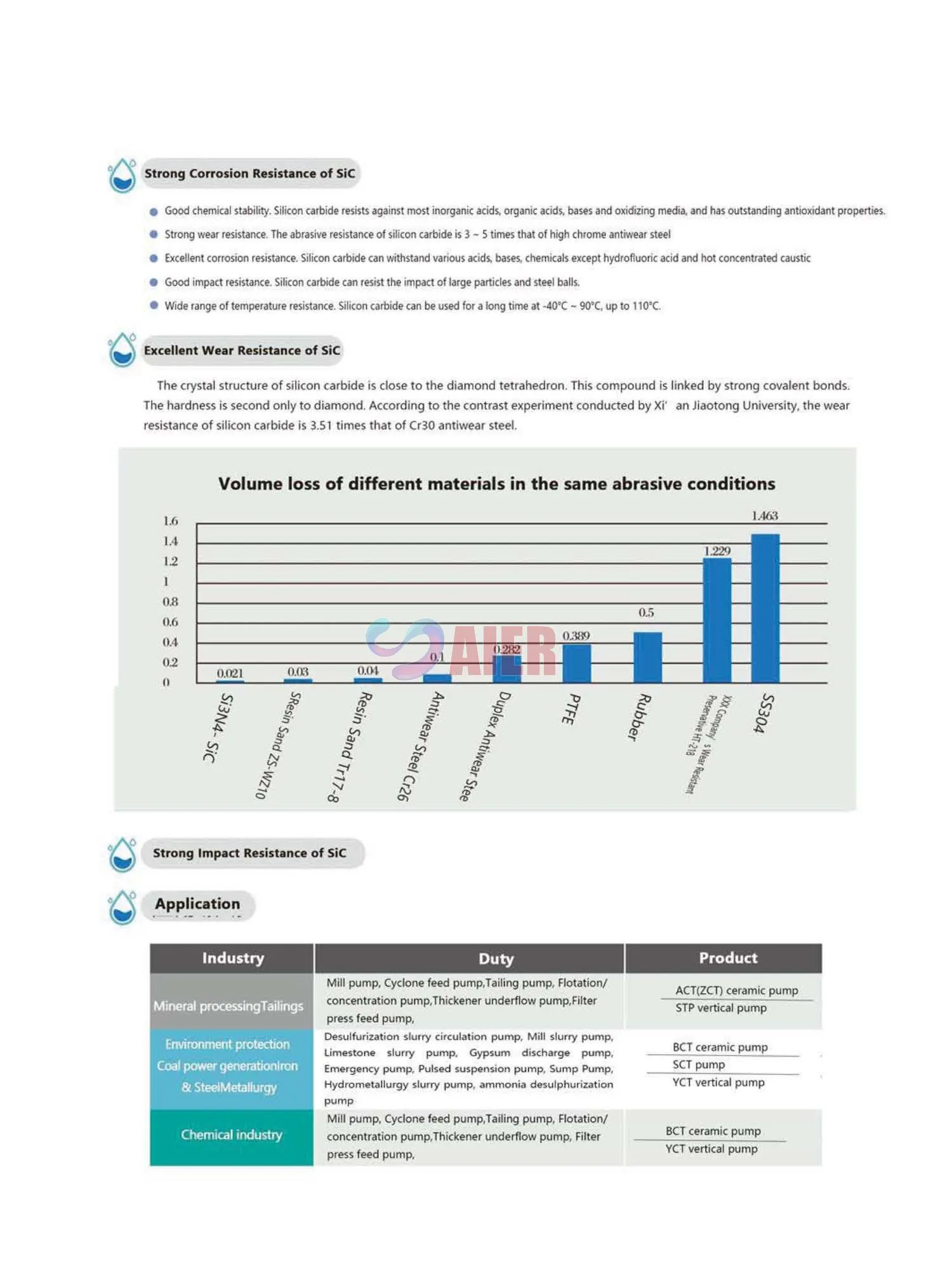ታኅሣ . 22, 2024 18:27 Back to list
High-Performance Pump Solutions for Detergent Slurry Manufacturers and Their Applications
High Pressure Pump for Detergent Slurry Manufacturing
In the industrial landscape, the demand for effective and efficient cleaning solutions has propelled the detergent industry to new heights. As a key component in this sector, high pressure pumps for detergent slurry play a crucial role in the manufacturing process. These pumps are specifically designed to handle viscous materials, including the complex formulations found in various cleaning products. This article explores the importance of high pressure pumps in detergent slurry manufacturing, their advantages, and considerations for manufacturers when selecting the right equipment.
Importance of High Pressure Pumps in Detergent Manufacturing
High pressure pumps are essential in the production of detergent slurries due to their ability to dispense the product under controlled pressure. The process begins with mixing raw materials, including surfactants, builders, solvents, and additional chemicals required for desired cleaning properties. Once mixed, the slurry needs to be transported through a series of processes, including heat treatment, blending, and storage. High pressure pumps facilitate this transportation by moving the slurry through pipes and equipment while maintaining consistent pressure and flow rate.
These pumps are engineered to handle the unique challenges posed by detergent slurries, which can have varying viscosity levels and abrasive properties. Selecting the appropriate pump ensures efficient material transfer, preventing blockages and reducing downtime in the manufacturing process.
Advantages of High Pressure Pumps
1. Efficiency High pressure pumps can move large volumes of slurry at high flow rates, significantly speeding up the production process. Their design allows for continuous operation, which is critical in meeting high market demands.
2. Versatility These pumps are adaptable and can be used for various formulations of detergent slurries, allowing manufacturers to produce multiple products without needing to change equipment frequently.
3. Durability High pressure pumps are often made from robust materials that can withstand the corrosive nature of chemical compounds in detergents. This durability translates to a longer service life and lower maintenance costs.
4. Precision Control Many modern high pressure pumps come equipped with technology for precise monitoring and control of flow rates and pressures. This feature is vital for achieving consistent product quality and adhering to strict regulatory standards.
high pressure pump for detergent slurry manufacturer

5. Reduced Waste An efficiently running high pressure pump minimizes the risk of product loss during transfer. This reduces material waste, which is essential for both cost efficiency and environmental responsibility.
Considerations When Selecting a High Pressure Pump
When choosing a high pressure pump for detergent slurry manufacturing, several factors must be considered
- Viscosity and Density Identify the specific characteristics of the slurry, including its viscosity and density. These properties will influence the type of pump and materials needed for effective operation.
- Flow Rate Requirements Determine the necessary flow rate for production needs. Pumps should be selected to handle peak operational demands without compromising efficiency.
- Material Compatibility Ensure that the materials of the pump components can withstand the corrosive nature of the detergent formulations. Stainless steel, for instance, is often preferred for its resistance to chemical erosion.
- Maintenance and Support Evaluate the availability of service and spare parts. Choosing a manufacturer that offers good support can significantly reduce downtime associated with maintenance.
- Technology Features Modern pumps may come with advanced features such as programmable logic controllers (PLCs) and smart monitoring systems, enhancing operational efficiency and ease of use.
Conclusion
As the detergent industry continues to evolve, the role of high pressure pumps in slurry manufacturing becomes increasingly significant. From improving efficiency and decreasing waste to ensuring product quality, these pumps are indispensable tools in the quest for effective cleaning solutions. Manufacturers must carefully consider their specific needs and select pumps that not only meet their operational requirements but also contribute to long-term sustainability in the industry. Investing in the right high pressure pump can lead to a competitive advantage, helping companies to thrive in a demanding market.
-
Top Submersible Pump Companies High Quality Manufacturers & Suppliers in China
NewsJul.08,2025
-
High Quality Seal for 5 Inch Dredge Pump Reliable China Manufacturer & Supplier
NewsJul.08,2025
-
High-Efficiency Slurry Sand Pump from Leading China Manufacturer – Durable & Reliable Solutions
NewsJul.07,2025
-
High-Quality Slurry Pump Made in China Durable Steel Mill Slurry Pump & Parts
NewsJul.07,2025
-
High Quality Excavator Dredge Pump Manufacturer & Suppliers from China – Reliable, Durable, Efficient Solutions
NewsJul.07,2025
-
Wholesale Slurry Pump Closed Impeller Supplier High Efficiency China Slurry Pump Closed Impeller
NewsJul.06,2025
